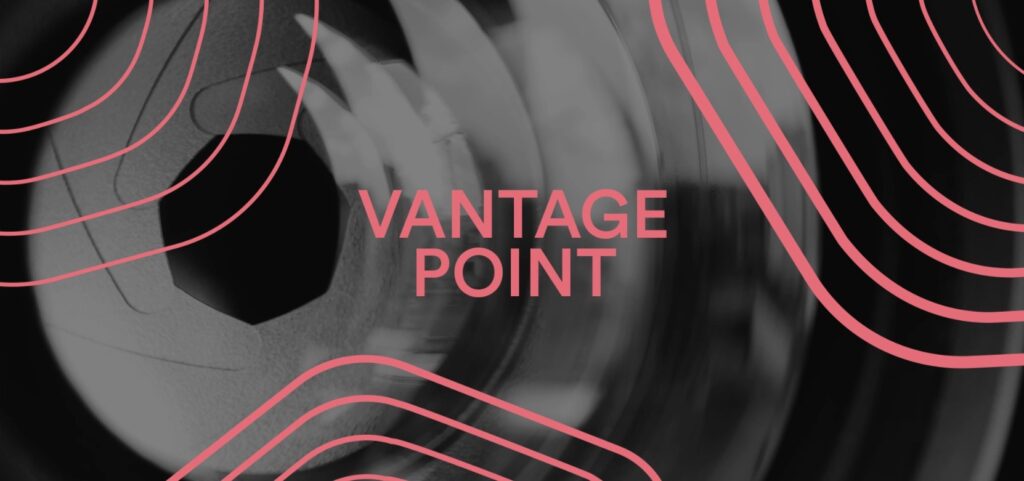Raj Mandair is Managing Director of Huddle Communications, a stakeholder engagement consultancy that specialises in the property sector. He has worked in public affairs for the last 10 years, including planning for the Tulip in London. He also worked as a researcher at Centre for Cities, and campaigned for Obama and the Illinois Senate Democrats in 2012.
I must start this piece with a disclaimer. The opinions herein do not represent the full views of the public affairs industry. Most of my work has focused on the property and planning sector, which is a little like the dentistry of the public affairs world. Apologies to any dentists reading this.
These are simply my own musings – based, however, on close to a decade of work in the lobbying sector and even more time spent in political campaigning. They include my observations on how the world has changed even in that relatively short period of time.
This period has seen the blurring of lines between consultancy and think tank, the rise of consultancies redeploying thought leadership campaigns to influence public policy, and the emergence of the campaigning think tank.
Symbiosis approaching competition
The relationship between lobbyists and think tanks is not simply close, it is one of symbiosis. Both entities look to inform and influence the policy debate, and there is a mutually beneficial relationship between the two of them.
How does the think tank benefit? Think tanks can get funding through sponsorship that helps keep the lights on and cross-subsidises research that is more meaningful or more aligned to the organisation’s core purpose. I remember as a summer intern receiving a phone call from a think tank asking if we had any clients who would be interested in sponsoring their fringe events for Party Conference season.
The benefit for the lobbyist is that the think tank becomes a third-party advocate, capable of attracting others with similar views for a potential alliance. Identifying third-party advocates to reinforce your argument is a staple of a public affairs strategy.
As the adage goes, ‘it’s not what you say about yourself but what others say about you’. A research report by a respected think tank will carry weight for a clients’ argument.
The brand value of think tanks
Andrew Hawkins, from Savanta ComRes, says that “think tanks are a vital source of new policy ideas, providing much needed resource and original ideas to successive governments.”
By partnering with a think tank, the lobbyist is not just looking for rigorous research. Public affairs firms and management consultancies are increasingly running policy research shops capable of producing quality research.
Think tanks are held in great esteem by political stakeholders and for good reason. Armed with intellectual rigour, unfettered by commercial influence, they are hotbeds of original ideas and scrutiny of policy impact.
The lobbyist is also looking for the credibility that comes from the think tank’s brand, and legitimate access to the debate. Brand equity is a huge asset in deciding to partner with a think tank.
The lobbyist is looking for the credibility that comes from the think tank’s brand, and legitimate access to the debate
Specific expertise is also key. If our client is talking about defence procurement, for example, you go to RUSI. For urban economic development, Centre for Cities. For innovation in local government New Local, Localis or LGIU.
Choosing the right flavour of think tank
Another defining factor is the politics. Lionel Zetter’s Lobbying: The Art of Political Persuasion provides some guiding principles on appointing a suitable think tank.
“Before you commission a think tank to write a report it is important to feel confident that the end result will bolster your case. That is usually just a matter of choosing a think tank that occupies the appropriate position on the political spectrum and agreeing the broad parameters in advance.”
It sounds obvious to appoint a think tank that is likely to espouse a similar viewpoint. For instance, you are not going to appoint the Adam Smith Institute if you are pushing for taxes on tech companies.
Think tanks are constantly having to walk a tight line between being too political, and not standing for anything.
The charitable status of most think tanks means that they cannot be party political, and many describe themselves as ‘non-partisan’. And the ComRes research shows that being too strongly politically aligned can be a liability for MPs, as is the case with the TaxPayers Alliance, for example.
That said, Zetter’s assertion that think tanks occupy a position on the political spectrum is supported by public affairs practitioners.
Truth is, think tanks all have a political flavour. This does not mean they are aligned with a particular political party. But having a sense of their political values is an important criterion when a lobbyist maps out potential partners.
Truth is, think tanks all have a political flavour … a sense of their political values is an important criterion when a lobbyist maps out potential partners
Some think tanks simply resonate better with political stakeholders and embed themselves in the conversation. That is apparent through a mention in a parliamentary debate, a keynote speech at a report launch, or the flow of staff between think tank and government department or political party.
The Centre for Policy Studies, for example, prides itself on being considered by Conservative MPs to be the country’s most influential think tank. That certainly helps when you are looking to influence a Conservative government.
The challenge from thought leadership
Think tanks will continue to court sponsorship from lobbyists come Party Conference season, and lobbyists will continue to imbibe think tank research to keep their clients abreast of changes in the public policy environment.
However, the relationship between think tank and lobbyist has changed with the rise of thought leadership. The client is in far greater possession of data and information about its customers, suppliers, business processes and industry than ever before in history.
Thought leadership marketing seeks to position the company as a leader in its field through content. Surely this content can be repurposed for political stakeholders?
Indeed, public affairs agencies are providing this proposition and selling it to the client as part of an ‘integrated approach’. This is certainly easier than retrospectively mapping out a communications strategy after the think tank report has been written.
Public affairs agencies’ integrated approach poses a risk to think tanks as the lobbyist can provide both services of advocacy and research. This trend is unlikely to disappear anytime soon.
Looking forward
To my mind, there are two things that will help think tanks maintain their unique role in the face of this challenge, and ensure they don’t get bypassed by clients looking to influence the policy agenda.
First and foremost, it goes without saying that think tanks need to nurture their brand. We saw earlier that lobbyists are investing as much into the credibility that comes with the brand, as into the research itself.
So they need to maintain their position as a leading authority with political audiences. This is a tall order, but it does not mean being completely politically neutral – nor does anyone really expect this.
Secondly, by engaging with lobbyists early on, thinktankers can help them better understand how they can embed the policy conversation. This in turn will result in clearer briefs.
by engaging with lobbyists early on, thinktankers can help them better understand how they can embed the policy conversation
According to Rohinton Medhora of the Centre for International Governance Innovation, a litmus test of a good think tank is whether it is proposing evidence-based discussion. He argues that it should be a “a platform to introduce new ideas and provoke public debate on the critical issues of the day and in so doing expand the scope of the debate”.
For a fickle lobbyist, a good think tank is one that can be perceived as a leading authority and has cut-through with its target political audiences. In a world of many voices, your comms operation is as important as the rigour of your research. You could say that is not different from what you are looking for in a good lobbyist.



